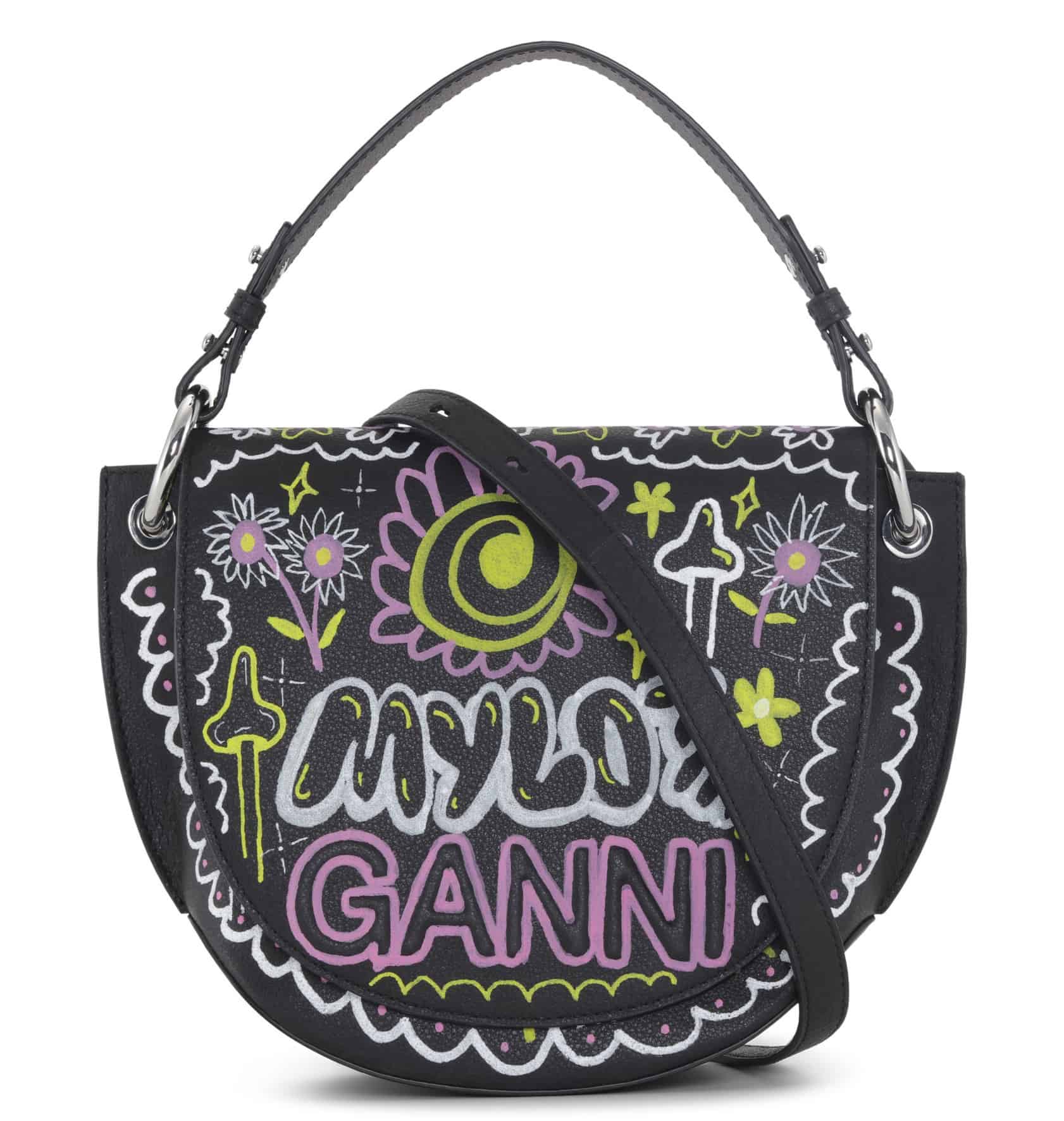From vegconomist.com
The push for sustainable alternatives to animal and plastic leathers has led to a burgeoning market of vegan bio-based leathers. According to a 10-year market forecast by IDTechEx, the vegan bio-based leather industry production capacity will grow at a compound annual growth rate (CAGR) of 37.4% from 2024 to 2034.
Leather is a sought-after material for its durability, strength, and aesthetic appeal. However, the report points out that according to UN estimates, animal leather production exceeds 20 billion square feet annually, contributing significantly to greenhouse gas emissions and deforestation. Additionally, the tanning process of leather production releases hazardous chemicals and gases, including lead, chromium, arsenic, and carcinogenic arylamine.
Meanwhile, vegan leather made from plastics, a common alternative due to its low cost, has environmental issues, including petrochemical feedstocks, disposal concerns as it is not biodegradable, and microplastic pollution.
Technologies to create sustainable versions of animal leather have attracted investments of over $1 billion. Many have already proven successful and are gearing up to scale production beyond the lab to offer commercially available materials.
From mycelium & apple waste to bacteria & cells
IDTechEx has identified over 70 companies developing vegan bio-based alternatives to animal and plastic leather. Most have emerged in the past 3-5 years, ranging from small start-ups to firms that have secured hundreds of millions in funding to scale their production.
Bio-based leather alternatives vary in price, strength, durability, and appearance. The biobased categories include:
- Mycelium leather: Made from fungi roots, creating interwoven networks resembling animal leather texture. Companies in the space include MycoWorks, which produces the material Reishi, and Bolt Threads, which launched Mylo in handbags, footwear, and sportswear. There is also the brand Ephea by the Italian company SQUIM, which targets the luxury fashion and automotive industries with animal-free alternatives marketed as unique materials. According to another report by the research firm, mycelium leather‘s durable and eco-friendly features position the material as the emergent contender in the quest for sustainable materials.
- Plant-Based leather: Derived from plant fibers or pulps, it replicates traditional leather properties. Besides scaling, the challenge of plant-based leathers is applying plastic-free coatings to the finished materials. Innovators in plant-based leather craft materials from unimaginable sources: bananas, leaves from parks, apple waste, temple flowers, sugarcane, pineapple waste, grains, grapes, cactus, agave, spent barley from beer production, and tea waste, among many others.
- Microbial leather: Produced via fermentation processes using microorganisms such as bacteria. The US biomaterials startup GOZEN has created a novel fabric for the fashion, automotive, and home furnishings industries. The microbial-derived material debuted in a Balenciaga LUNAFORM Maxi Bathrobe Coat this year. The Spanish start-up Polybion pioneers microbial fermentation and food waste upcycling to grow Celium, a premium alternative to animal leather and petroleum-derived synthetics. Modern Synthesis, a London-based biotechnology company, also creates biodegradable materials. In a similar achievement, Imperial College London researchers have developed, using bacteria, a plastic-free, vegan leather that dyes itself black during production.
- Cultivated leather: This material is not an alternative; it is genuine animal leather cultivated from animal skin cells in bioreactors. Start-ups in this challenging field include VitroLabs, a San Francisco-based start-up; ProjectEx, a Singapore-based start-up that cultivates leather from exotic species; the Dutch biotech start-up Qorium; and the UK’s clinical and cellular agriculture company 3D Bio-Tissues (3DBT).

Forging commercial partnerships
From these categories, multiple mycelium and plant-based leather companies are scaling up production and launching large-scale factories for their materials, according to the authors.
DTechEx’s report highlights partnerships between brands such as Zara, Burberry, H&M, Hermes, Nike, and Ganni and bio-based leather start-ups. It also mentions that automotive OEMs, including BMW, Bentley, Cupra, Hyundai, Mercedes-Benz, and Volkswagen, are also upgrading their interiors with sustainable materials. A PETA survey has also found a considerable increase in brands offering vegan car interiors worldwide.
The “Emerging Alternative Leathers 2024-2034” report analyses the market trajectory, key players, and emerging technologies of these alternatives. The full report is available here.
No comments:
Post a Comment